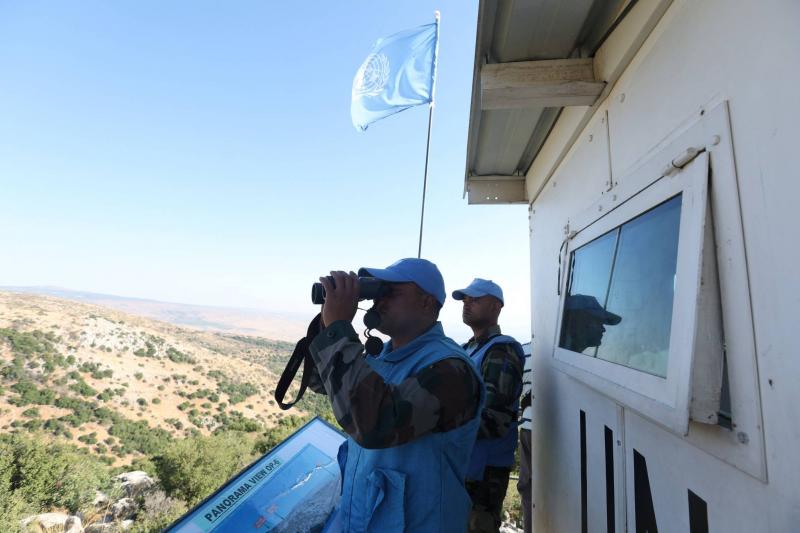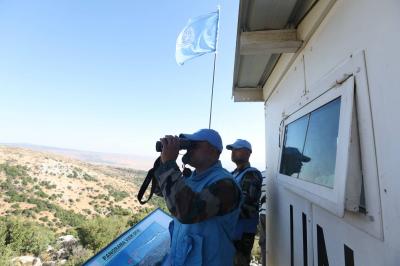The extension of the international emergency forces operating in southern Lebanon, known as UNIFIL, under Resolution 1701 this year faces serious difficulties. In the corridors of the United Nations and the Security Council, various movements are taking place just days ahead of the session to approve the new extension on the 31st of this month. The Lebanese state seeks to reduce the powers of UNIFIL, including removing the paragraph added during last year's extension that allows UNIFIL to conduct inspections without the accompaniment of Lebanese Army forces. Meanwhile, France, Britain, and the United States are pushing for new amendments to the operational powers of the international emergency forces, focusing on expanding their scope of work.
In this context, retired Brigadier General Amin Hteit stated in an interview that Israel is trying to introduce these amendments through the three countries (France, Britain, and the United States) to serve its interests, which Lebanon does not accept. If adopted, Lebanon could disassociate itself from them, leaving them without effect, as Resolution 1701 cannot be implemented without the consent of the concerned state. It is worth noting that it is rare for the United Nations to take strong measures without the approval of the involved countries, and there is usually cooperation and coordination between it and those countries to implement Security Council resolutions, in order to avoid tensions and escalation in the region.
Hteit emphasized that the caretaker Minister of Foreign Affairs, Abdullah Bou Habib, has a fundamental task of "preventing the introduction of new amendments that Lebanon does not accept." It is expected that Minister Bou Habib will personally represent Lebanon at the session of the Security Council.
As the pressuring countries aim to showcase violations committed by the Lebanese side throughout the past year, including the incident involving an attack on an Irish patrol in the south that resulted in the death of one patrol member and injuries to another, Hteit accused UNIFIL of defending Israeli interests, while Lebanon is being breached and is in a position of being the victim.
Regarding the "Khaldeh" incident, where two people were killed last week in a gunfight between members of Hezbollah and residents of Khaldeh after a truck belonging to the party overturned, Hteit stressed that this truck does not violate Resolution 1701, as it is outside the scope of the resolution. Lebanon is counting on the support of Russia and China in extending UNIFIL's mandate in the country without amending its powers.
In 2006, the UN Security Council unanimously adopted Resolution 1701, which calls for a complete ceasefire of hostilities in Lebanon. The resolution demands Hezbollah to immediately stop all its attacks and Israel to cease all offensive military operations and withdraw all its forces from southern Lebanon. The resolution also calls on the Lebanese government to deploy its armed forces in the south in cooperation with UN international emergency forces, coinciding with Israel's withdrawal behind the Blue Line. It also urged Israel and Lebanon to support a permanent ceasefire and a long-term solution.




